After three long years, El sol de Mexico returns to the small screen.
The following review contains spoilers for “Luis Miguel: The Series.”
On April 18, Netflix debuted the first two episodes of season two of “Luis Miguel: The Series,” a hit show chronicling the behind-the-scenes life of Mexican pop icon Luis Miguel, with episode three premiering a week later on April 25. In the first of a three-part series of articles, we’ll be recapping the first three episodes of the series while also diving into what worked and what didn’t.
This season’s approach brings back the dual timeline format of the first season, showing us Luis Miguel in the early 1990s as well as an older Luis Miguel in the 2000s. It sees Luis Miguel’s struggles to reconcile his musical career with his quickly disintegrating family life, both in the early ‘90s and the 2000s. The majority of the story’s focus seems to be on the 1990s timeline, something that works to its benefit, since the 2000s timeline often feels like it lacks the same emotional and dramatic punch that the ‘90s timeline has. The characters feel more defined — given that viewers were already introduced to them in the previous season — and the relationships more dynamic. There’s more push back from friends and family on Luis Miguel in regards to his decisions, stirring up conflict that amps up the dramatic appeal of the show. The emotional stakes are also much higher, as much of Luis Miguel and his brother’s peace of mind rests on finding their missing mother and protecting their younger brother Sergio from their father’s family.
The first episode picks up at Luisito Rey’s (Luis Miguel’s father) funeral. The episode hits the ground running, revealing that Luis Miguel’s mom is still missing despite the season one finale suggesting otherwise. The series carries over the emotional weight that this search implicates for Luis Miguel and his brother seamlessly from the end of season one to the beginning of this season. As we see in episode two, Luis Miguel’s desperation reaches another level as leads on his mother’s whereabouts begin to thin out. The implication of his uncle Tito playing a role in the murder of his mother further complicates an already strained relationship. After Tito tells Luis Miguel that his father is responsible for her death, he disappears from the show completely, with no real consequence for the bombshell he drops on Luis Miguel during their confrontation. His exit from the show after episode two brings this conflict to an abrupt and somewhat dissatisfying resolution. The disorientation this moment creates is highlighted even more when Luis Miguel decides to stop looking for his mother at the end of the second episode after his manager convinces him that he will never be satisfied with any answers he finds. To see Luis Miguel give up the search so easily after seeing him go through the effort of hiring the Mossad and chasing down leads feels underdeveloped. Luis Miguel decides to dedicate his upcoming album to his mother as he begins to record the first song, “Hasta que me olvides.” The song carries through to the final scene of the episode, where Luis Miguel meets his estranged daughter Michelle for the first time, giving viewers a sense of closure and emotional progression that offsets the awkwardly haphazard ending of the search for his mother.
In the middle of searching for his mother, Luis Miguel and his brother Alex fight for custody of their little brother Sergio. The pair are trying to save Sergio from having to endure the same trauma and hardships that Luis Miguel had to endure as a child star. This conflict quickly evolves from being the two brothers against their paternal family into one between the pair. Luis Miguel’s obsession with maintaining his career begins to fracture his relationship with Alex, as he struggles to dedicate any time to taking care of Sergio, leaving Alex to bear the brunt of raising him alone. Much of this has to do with the mounting pressure on Luis Miguel to stay relevant in the face of Cris Valdes’s recent chart success (who seems to strike a suspiciously close resemblance to the real-life Cristian Castro of the ’90s, though this is probably just a coincidence… right?). The compounding of his career preoccupations as well as his strained family relationships is what makes this episode the most exciting of the three to watch, along with Luis Miguel’s tendency to choose pleasure over responsibility, a trait that carries over from season one. Throughout the first two episodes, viewers are shown hints of Luis Miguel’s entry into prima-donna territory, but the third episode is where we’re fully introduced to this side of the pop singer — along with an equally grandiose collection of Versace silk shirts. Seeing Luis Miguel treat his brother like he treats his employees — which is to say, not the best — adds even more gasoline to the fire that’s quickly consuming his life.
Luis Miguel’s loneliness becomes obvious in the 2005 timeline during episodes two and three, following an accident which caused Luis Miguel to lose part of his right ear. The timeline has a promising beginning, as we follow one of Luis Miguel’s employees, Jose, engaging in some shady dealings while trying to secure a new concert venue for the singer. This is what eventually leads to Luis Miguel’s blown out ear, setting the stage for some potentially explosive drama, though this is never really taken advantage of by the series. Following his accident, Luis Miguel retreats into his home, leaving viewers to wonder what happened to Jose. In this time period, Luis Miguel wanders about his mansion in the dark with a drink in hand, unable to sing or perform as his injury heals. While the goal of these shots is clearly to emphasize Luis Miguel’s loneliness, the storyline is hindered by the overabundance of them. I often found myself wondering when the series would move on from Luis Miguel’s wallowing to a more engaging emotional beat. It’s a welcome sight then when Michelle — now 18 years old — enters his life again. Her attempts to get close to her father reveal just how walled off and emotionally isolated Luis Miguel has become after so many years in a much more effective way than the many shots of the lone millionaire singer in his empty mansion. Throughout the series, Luis Miguel’s character is defined by his interactions and relationships with the people that surround him, in both timelines. We’re able to get a clearer understanding of his emotional state and character arc from his engagement with his brother or management, making his solo scenes fall flat at times.
The second season of the semi-biographical show of Luis Miguel’s life is off to a strong start in its first three episodes, though it struggles to maintain a balance between the two timelines as it reaches the third. The 2000s timeline can at times feel like fluffy filler, meant to fill the space between two scenes from the ‘90s timeline. There are signs that this might change though, with the introduction of a now grown-up Michelle, and the subtle hinting towards a romance with Luis Miguel’s manager. We’re left to wonder how Luis Miguel will deal with his already small social circle dwindling down to even fewer people, and how he will deal with raising Sergio now that Alex has exited the picture.
Release Date: April 18, 2021
Starring: Diego Boneta, Luis Miguel, Anna Favella, Óscar Jaenada
Created by: Pablo Cruz
Network: Telemundo Telenovelas
Image courtesy of NBC News.


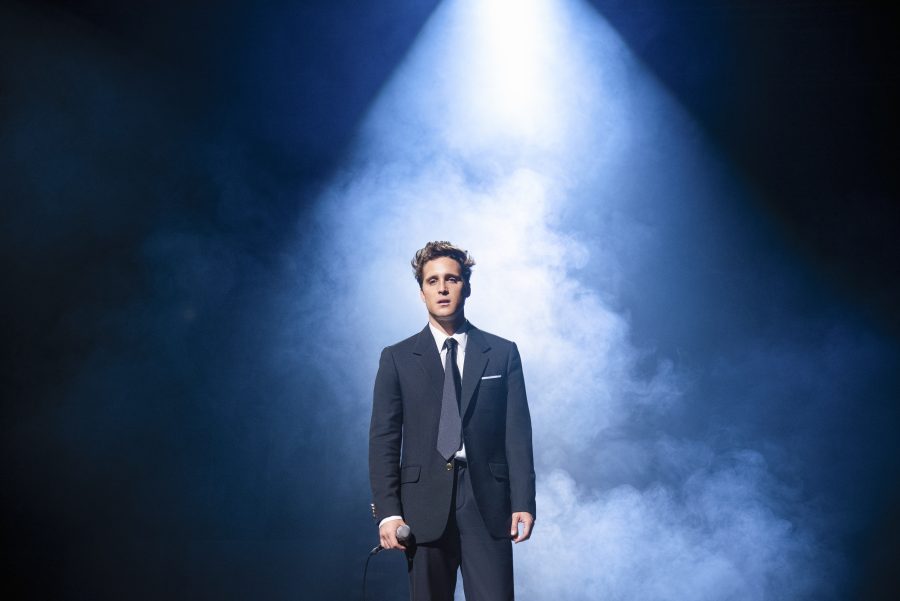
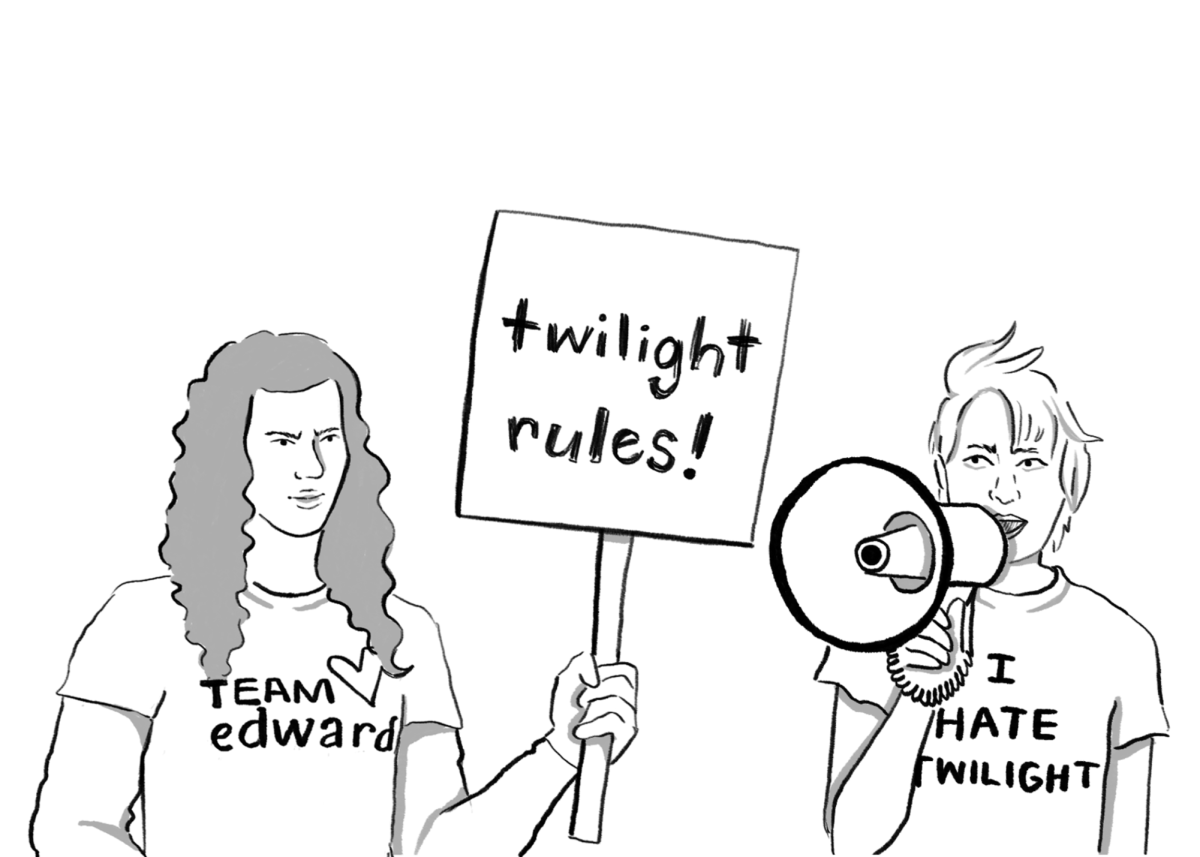
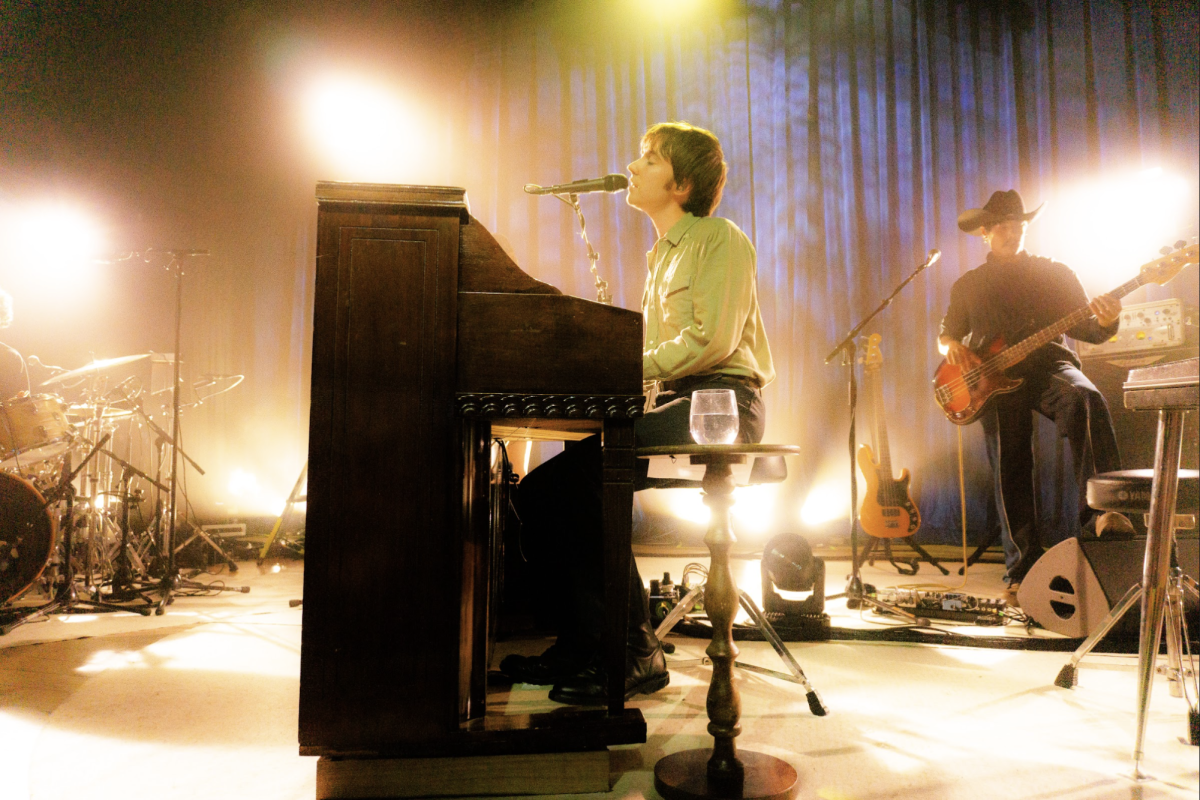
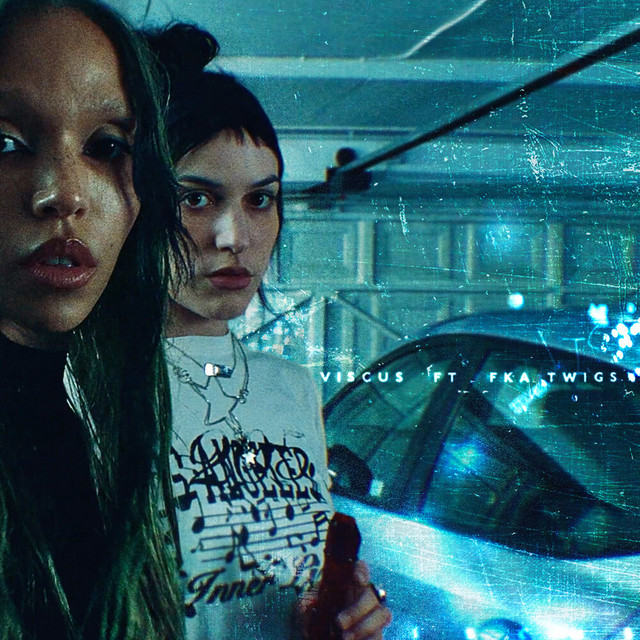
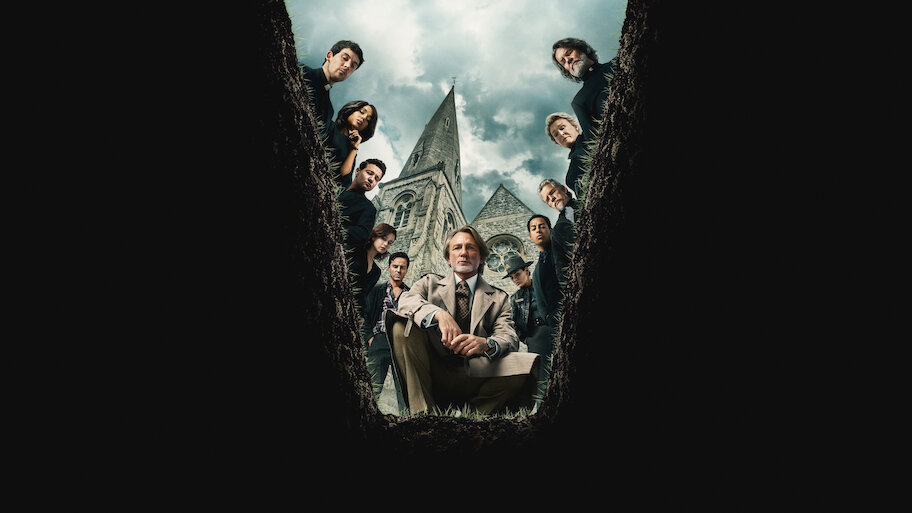








Kate • May 4, 2021 at 12:06 pm
Music has become very much a part of everyone’s life. In all the past and future times, music has been and will be what accompanies us. And to underestimate its importance in our lives, to say the least, is stupid. Therefore, it is up to us to decide what kind of music will shape us and our future generation as individuals, traditional Chinese music instruments. It depends on us what kind of music influence we choose.